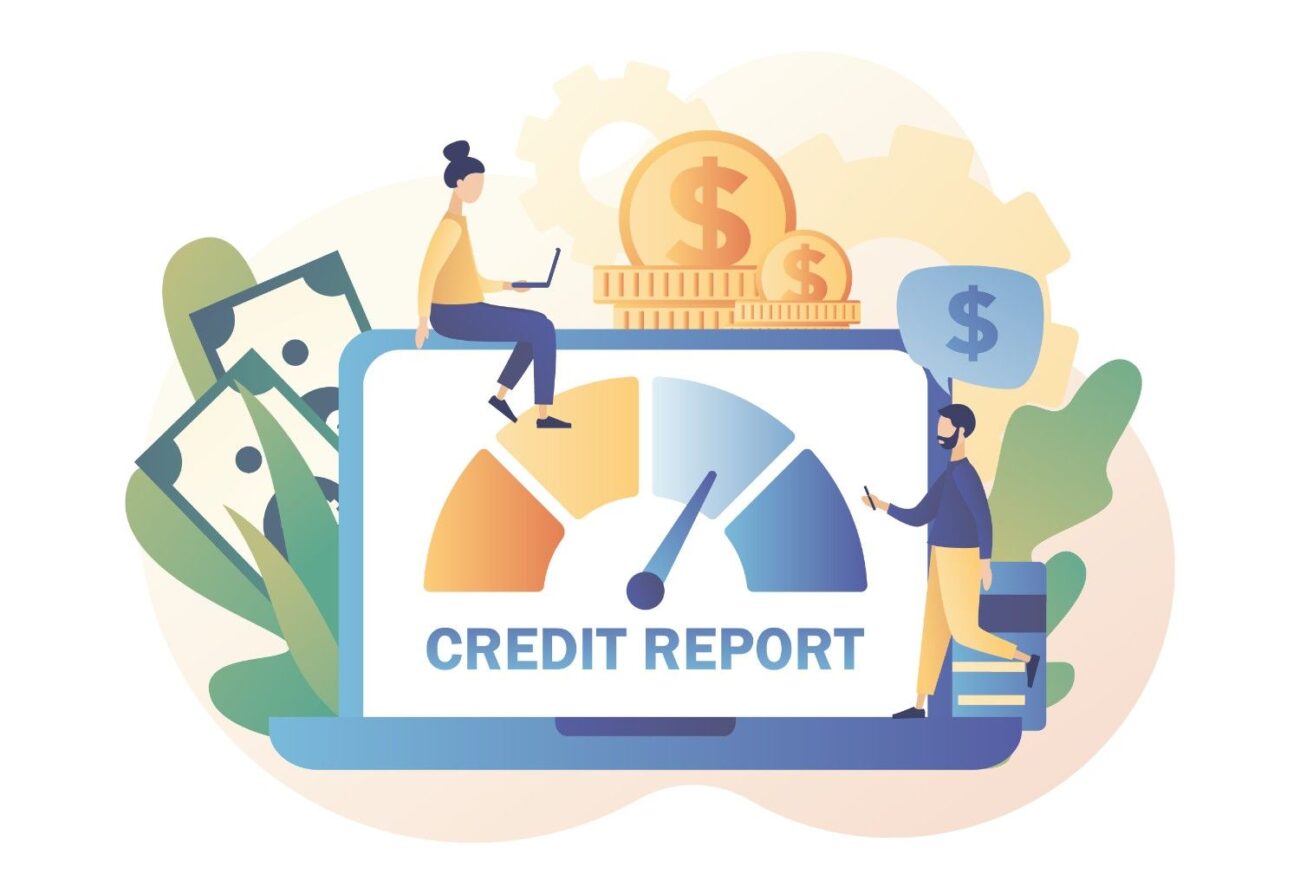When applying for a loan, lenders consider more than just your income. They also examine your credit behaviour. One key factor is credit utilisation for loan approval. This is the percentage of your total available credit that you are currently using. High credit utilisation can signal financial stress and affect your chances of getting approved. But what exactly counts as “too high”? Let’s break it down.
What Is Credit Utilisation?
Credit utilisation can be expressed in the following way,
Credit Utilization (%) = (Total Credit Used ÷ Total Credit Limit) × 100
Thus, for instance, if your total credit limit across all your credit cards is ₹1,00,000, and you have spent ₹60,000, your credit utilisation would be 60%.
Lenders use this method to judge risk. High utilisation may mean the person is already over-leveraged, while low utilisation denotes financial discipline. Both are important for credit utilisation for loan approval.
Ideal Credit Utilisation for Loan Approval
Experts recommend keeping your utilisation below 30–40%. Here’s why,
| Credit Utilization | Impact on Loan Approval |
| 0–30% | Excellent, improves chances |
| 30–50% | Acceptable, may require explanation |
| 50–70% | Risky, may reduce the loan amount or increase the interest |
| 70%+ | Very high, likely to get rejected |
Keeping utilisation under control shows lenders that you manage debt responsibly, which helps with approval and better loan terms.
How High Credit Utilisation Affects Your Credit Score
High credit utilisation not only obstructs loan approval. It can also result in a decrease in your credit score, which is the priority for the creditors.
A high utilisation rate directly raises your debt-to-credit ratio and results in a lower score. For sure, creditors may consider this a sign of financial trouble. Low utilisation is a signal of your good credit management; thus, your chances are increased.
Clearing credit card dues before a loan application will help in keeping the right utilisation ratio.
Strategies to Reduce Credit Utilisation Before Applying
In case your credit utilisation is at a high level, decrease it before going for a loan.
Practical Steps
- Clear the debt on credit cards
- Do not use the entire limit of cards throughout the month
- Ask for a larger credit limit on current cards
- Use several cards for your expenses instead of one
- Keep a few accounts active with very little usage
Platforms like Olyv will allow you to monitor your credit utilisation and provide you with live insights to work on this aspect of your credit for the sake of loan approval.
Alternatives if Credit Utilisation Is High
If you cannot reduce utilisation immediately, consider these options,
- Apply for a smaller loan amount
- Wait until balances are paid down
- Opt for secured loans like gold loans or fixed deposits
- Explore pre-approved offers based on past repayment history
These methods improve your chances without risking rejection.
Key Takeaways for Loan Approval
- Keep credit utilisation under 30–40% for optimal approval chances.
- High utilisation (50%+) may lead to higher interest rates or loan rejection.
- Monitor your utilisation using Olyv to maintain healthy credit habits.
- Pay balances and avoid maxing out cards before applying for a loan.
- Financial discipline signals to lenders that you are a responsible borrower.
Impact of Credit Behaviour
| Behavior | Credit Score & Loan Approval |
| Low utilization | Improved credit score, easier approval |
| High utilization | Lower score, higher risk of rejection |
| Consistent repayment | Positive impact |
| Maxed-out cards | Negative impact may reduce the loan amount |
Conclusion
Credit utilisation for loan approval is one of the most important factors lenders consider. Using too much of your available credit can lower your score and reduce your chances of approval. Ideally, keep utilisation under 30–40% and pay off outstanding balances before applying.
You can track credit behaviour, keep track of utilisation, and practise good financial habits with the help of platforms such as Olyv. You can increase your chances of getting approved for a loan and obtaining better terms by being active and managing your credit.




